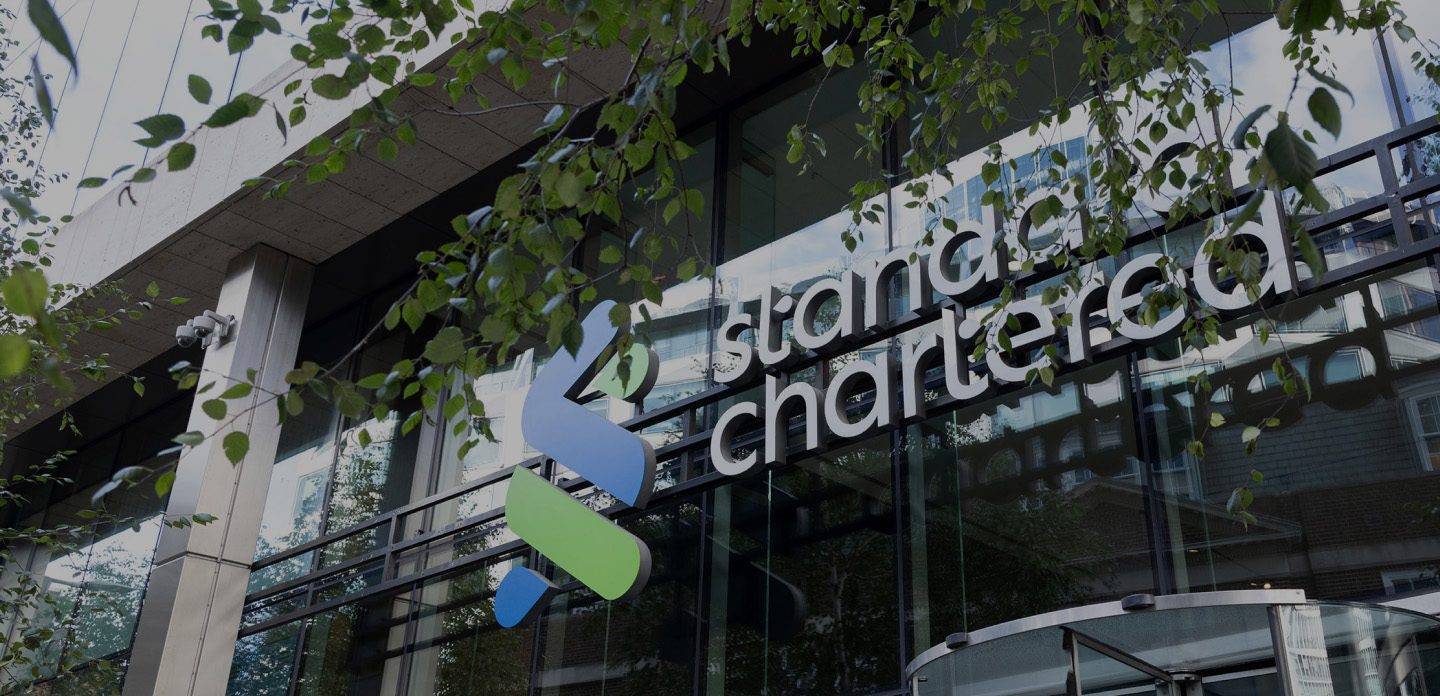The Uttar Pradesh government has announced a forward-looking Global Capability Centres (GCC) Policy 2024 aimed at positioning the state as a prime destination for technology, innovation, and digital services. With an ambitious plan to generate more than two lakh jobs over the next five years, the policy focuses on creating a conducive ecosystem for Fortune 500 companies and foreign investors.
According to state officials, the policy is expected to transform cities such as Noida, Lucknow, Kanpur, and Varanasi into vibrant technology hubs. It lays down clear guidelines for the establishment of Level-1 and Advanced GCCs and introduces a robust package of incentives to facilitate investment and job creation.
Investment Thresholds for GCCs
The policy differentiates between two categories of GCCs—Level-1 and Advanced—based on investment size and employment potential. Outside the regions of Gautam Buddha Nagar and Ghaziabad, a Level-1 GCC must invest at least ₹15 crore or employ a minimum of 500 people. However, for the same category within these two districts, the minimum investment required is ₹20 crore.
Advanced GCCs are required to make a higher investment and offer greater employment. Outside Gautam Buddha Nagar and Ghaziabad, the minimum investment is ₹50 crore and at least 1,000 employees. Within the two districts, the investment threshold is set at ₹75 crore. These measures are designed to promote balanced regional development while attracting large-scale investments.
Comprehensive Incentive Framework
To encourage global firms to establish operations in the state, the government has introduced a range of financial incentives. These include:
- Land Subsidy: A 30% to 50% subsidy on land cost, depending on location and category of the GCC.
- Stamp Duty Exemption: 100% exemption from stamp duty on land registration.
- Capital Subsidy: Level-1 GCCs are eligible for a capital subsidy of up to ₹10 crore, while Advanced GCCs can claim up to ₹25 crore.
- State GST Reimbursement: Refund of state GST paid by the company for a fixed period.
- Interest Subsidy: 5% interest subsidy on loans taken for infrastructure or capital expenditure.
- Operational Subsidy: A 20% subsidy on operational costs, with a cap of ₹40 crore for Level-1 and ₹80 crore for Advanced GCCs.
- Payroll Support: Up to ₹1.8 lakh per employee as payroll assistance, designed to reduce human resource costs during the initial years of operation.
These incentives aim to reduce entry barriers and operational expenditure, making Uttar Pradesh an attractive proposition for both new and expanding enterprises.
A key highlight of the policy is its focus on bringing Fortune Global 500 and India 500 companies into the fold. To win investor confidence, the state government has committed to offering customized incentive packages for companies that are part of these prestigious lists or have foreign direct investment exceeding ₹100 crore.
This customized approach allows the government to negotiate directly with prospective investors and tailor the support mechanisms based on the scale and strategic importance of each project.
Strategic Urban Hubs
Cities like Noida have already established themselves as strongholds of IT and digital services. With the new policy, the state aims to extend this growth to other urban centres such as Lucknow, Kanpur, and Varanasi. These cities are being positioned not only as satellite IT destinations but also as innovation and research centers with dedicated infrastructure.
To facilitate this transition, the state is expected to enhance urban infrastructure, improve connectivity, and establish plug-and-play facilities to meet investor expectations.
The UP GCC Policy 2024 represents a shift in the state’s investment approach—from industrial manufacturing to technology and digital services. With employment generation as a core objective, the policy supports both job creation and skill development.









.png)